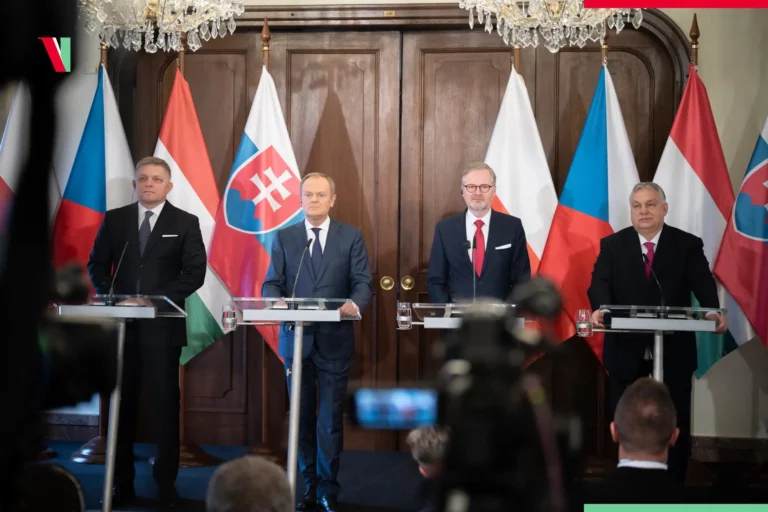Sweden
Six EU members to boycott Hungary’s EU presidency due to PM Orbán’s Moscow journey

Is the Hungarian army purchasing new, Swedish fighter jets?

Great girls! Hungarian women’s handball team qualified for the Paris 2024 Olympics

Will food delivery couriers disappear from Hungary due to drone delivery?

Did Czech, Polish prime ministers shout at PM Orbán due to Sweden’s NATO accession?

Orbán in Washington and he took the ratification documents for Sweden’s NATO accession, so Sweden became a member

Hungarian President Sulyok signs ratification of Sweden’s NATO accession

PM Orbán: Ukraine cannot win, but Russia can defeat Kyiv

BREAKING: Hungarian Parliament votes in favour, Sweden to join NATO – UPDATE

Orbán on Navalny: Chauvinist does not deserve respect in the Hungarian Parliament

Complete peace with Sweden: Hungary buys 4 new Gripen fighter jets

Swedish PM is in Budapest: NATO accession on the agenda – PHOTOS

Swedish PM to visit Budapest on Friday

Hungarian govt asks parlt to debate Sweden’s NATO accession next Monday

Orbán cabinet: we do not need the lecture from the Republican and Democrat US delegations

PM Kristersson looks forward to discussing Sweden’s NATO membership with Orbán in Budapest

How can Sweden join NATO? Orbán seals a massive arms and military industry deal

US senators: Orbán cabinet endangers Transatlantic security! – UPDATED





 ZH
ZH IT
IT DE
DE HR
HR NL
NL FR
FR JA
JA RO
RO RU
RU ES
ES TR
TR
